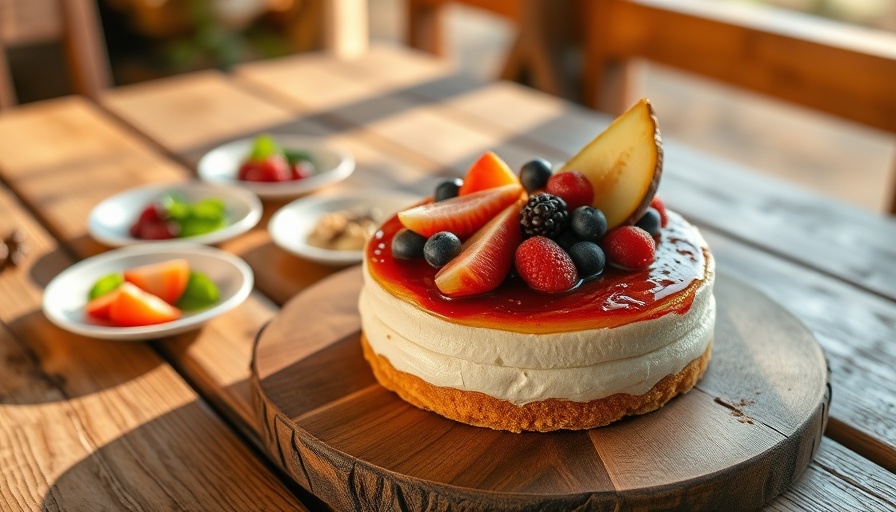
Unlearning Wellness: Breaking Free from the Lies
In our fast-paced lives, particularly in our 20s, it’s common to grapple with the concept of 'wellness' and how it shapes our identities. As I reach my early 30s, I realize that wellness is not about stringent rules or societal expectations but about embracing authenticity and understanding our personal needs. Reflecting on my journey, I have come to see the contradictions and emotional turmoil that arise from a performative approach to health and wellness.
The Illusion of Perfection in the Wellness Industry
The wellness industry thrives on ideals that can feel unattainable—be it the image of the perfect smoothie, the latest fitness fad, or a regimented self-care routine. For many of us, particularly women, this has fostered a culture of comparison and self-doubt. In their pursuit of perfection, individuals often overlook the simple truth that true wellness encompasses more than appearance or discipline.
From 'Clean Eating' to a Joyful Relationship with Food
One of the most common traps of wellness is the idea of 'clean eating.' I once believed that eliminating certain foods would equate to health. In reality, this practice masked deeper issues related to my self-worth and relationship with food. It took time, but I learned that nourishment isn't about restriction; rather, it’s about integrating foods that make us feel good in both body and spirit.
This realization was liberating—ice cream, pizza, and other so-called 'bad' foods became part of a balanced life. Food turned from a moral battleground into a source of joy, connection, and flexibility.
Deconstructing Productivity: Finding Balance
Another pervasive belief I had to unlearn was the notion that relentless productivity equates to worthiness. I packed my schedule with tasks, wearing my burnout like a badge of honor, only to discover that rest and recovery are essential components of a healthy life. Today, I recognize the importance of listening to my body and cultivating a balance between doing and being, understanding that self-care is not selfish but necessary for true wellness.
Practical Ways to Redefine Your Wellness Journey
As I reflect on these lessons, I encourage others on a similar path of discovery. Here are actionable tips:
- Challenge Food Narratives: Shift the conversation around food from guilt to curiosity. Explore meals without attaching moral value to them.
- Prioritize Enjoyment: Create time for pleasurable activities that recharge your spirit, from leisurely walks to enjoying meals with loved ones.
- Embrace Flexibility: Allow yourself the freedom to change your routines based on how you feel each day. Integration of wellness practices should adapt to individual lifestyles rather than fit the latest trends.
A Collective Shift Towards Compassionate Wellness
The journey towards slipping the bonds of wellness culture and embracing our unique paths is not purely individual; it’s also communal. As more people like us recognize that the most nourishing paths are often the least performative, we can create a supportive network that encourages authenticity and acceptance.
Engage in conversations about redefining wellness. Share your victories and struggles and explore those collective truths, as they pave the way for a healthier and more balanced approach to life.
The Heart of Wellness: Living Authentically
As I’ve grown, I’ve learned that wellness isn’t a destination but rather an ongoing journey of self-alignment. Instead of feeling bound by societal norms and expectations, it has become about nurturing my individuality, valuing self-care, and finding joy in everyday life. Understanding that our paths may diverge allows for the cultivation of a community grounded in support, acceptance, and shared experiences.
Remember, at its core, wellness should encompass feeling, experiencing, and enjoying life fully.
 Add Row
Add Row  Add
Add 




Write A Comment